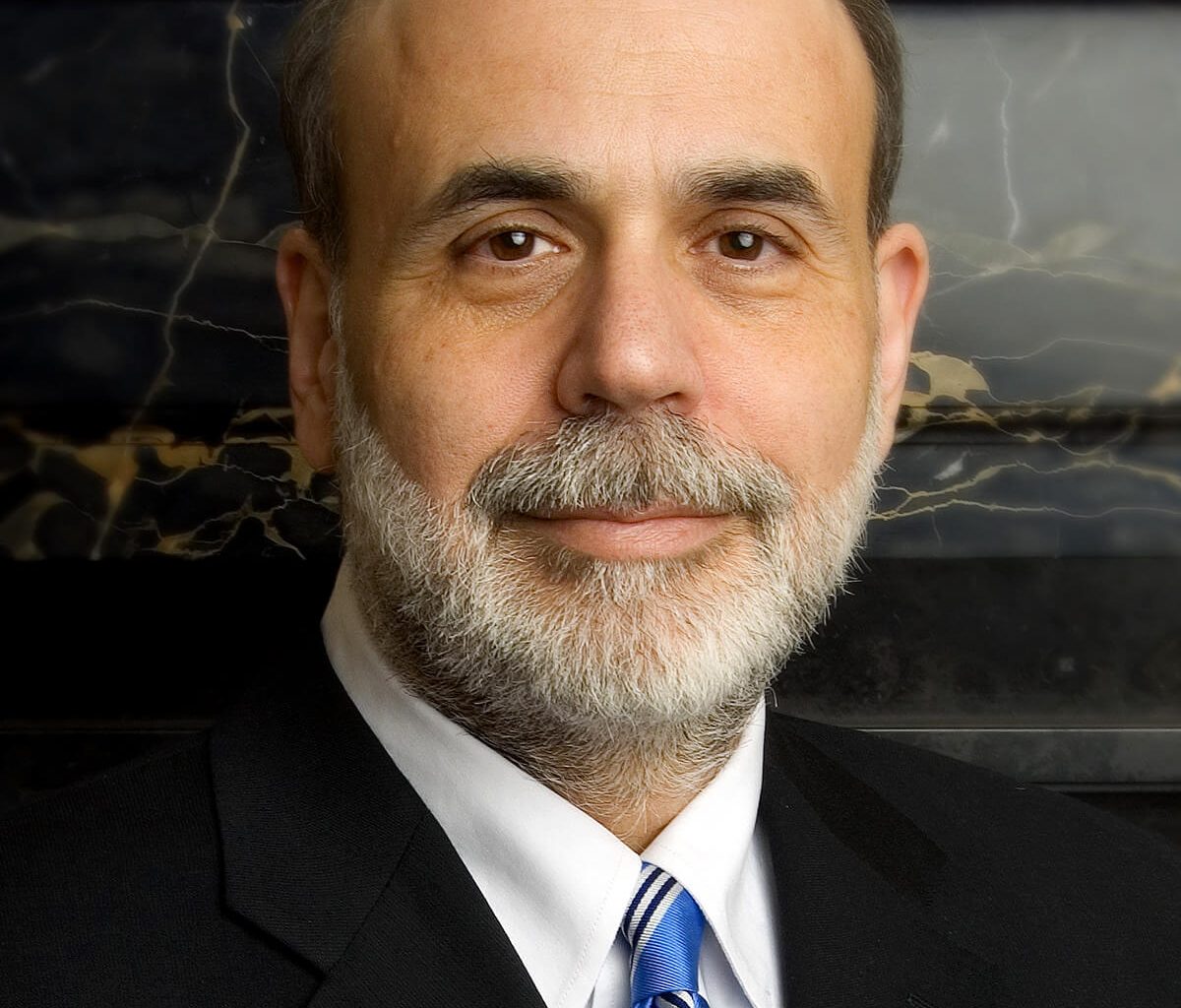A new international study has shown that you can not literally judge a book by its cover when it comes to age because some age at dramatic rates compared to others who share the same birth date and who look as if they have discovered the fountain of youth.
The study, one of the most detailed ever, shows that some people literally grow older three times faster than their birth date should suggest, while for others with “evergreen genes or environmental influences”, the clock had virtually stopped. One group of 38-year-olds who took part in the study had biological ages ranging from 28 to 61.
“Already, before midlife, individuals who were ageing more rapidly were less physically able, showed cognitive decline and brain ageing, self-reported worse health, and looked older,” wrote the study’s authors.
Scientists is the US used 18 measurable tests to find ageing speed – liver, kidney, immune system, lungs, cholesterol, metabolism, and length of telomeres which are the protective caps on chromosomes, and the condition of small capillaries in the eye which give an indication of the condition of the brain’s blood vessels.
Dr Dan Belsky, the lead scientist from Duke University’s Center for Ageing said “We set out to measure ageing in these relatively young people. Most studies of ageing look at seniors, but if we want to be able to prevent age-related disease, we’re going to have to start studying ageing in young people.”
Meanwhile in New Zealand, 871 people born in the South Island town of Dunedin in 1972/73 were also given the 18 biomarker tests. There were originally 1000 people earmarked for the study but 30 died before the study could be completed from serious diseases, drug overdose, suicide or accidents. The biomarkers were given at 26, 32 and 38 years of age.
Combining measurement results allowed researchers to determine each participant’s ageing pace.
Although for the majority of participants, biological age and chronological age kept at approximately the same pace, some were discovered to have bodies ageing at three times the pace of chronological age, while others showed aging of zero per year meaning no biological aging.
Those with more advanced biological ageing did not fare well in tests usually given to people over 60 years of age. These tests included co-ordination, balance and solving unfamiliar problems.
Additionally those who were biologically older had more difficulty with physical tasks like walking up stairs.
College students shown photographs of those who were biologically older said all looked older than their chronological age.
Stay Connected